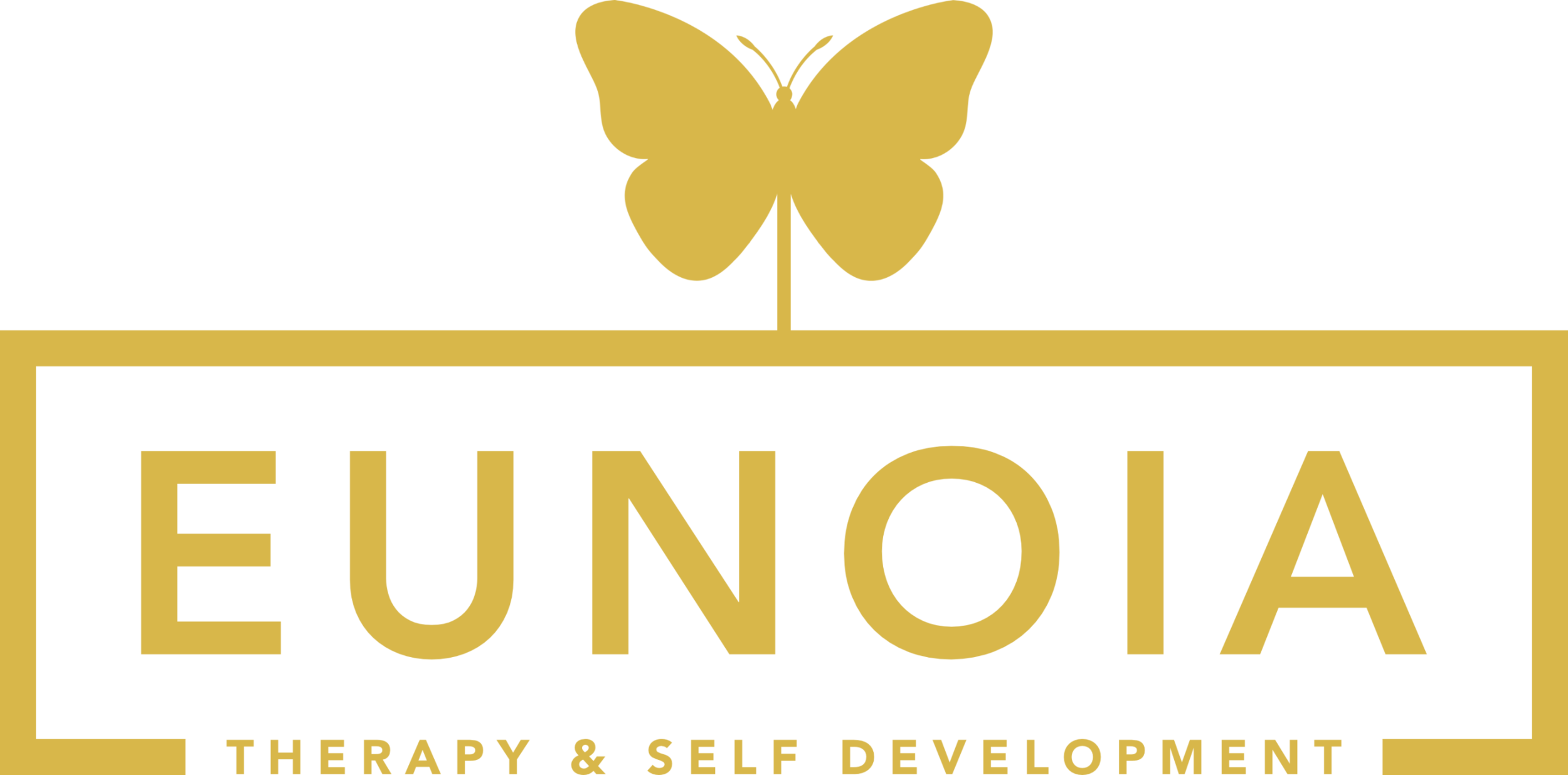From Childhood Trauma to a Codependent Adulthood: Escaping Your Comfort Zone
Often after leaving home, whether it’s for college, moving into our first apartment, or joining the military, we feel we’ve won. Physically escaping toxic parents leaves people with a false sense of security. When you’re young, it’s possible not to see it. Even if there are no physical scars from your childhood trauma, the invisible ones can stay with us for decades.
Long-Term Consequences of Dysfunctional Families
You spent your entire childhood dreaming of the perfect family. Growing up, you watch your friends, classmates, and boyfriend or girlfriend have a loving relationship with their parents, siblings, aunts, and uncles. Depression is almost inevitable.
Instead of drifting towards friends and lovers with stable connections with their families, you may gravitate towards the opposite. These toxic relationships formed in late childhood and into our adult life bring comfort and often fuel destructive behaviors. The trauma we thought we escaped leaving home has followed us because you can’t run away from what’s in your head.
Have you ever wondered why you always seem to screw up great relationships? Do you ever feel like you’re sabotaging your own happiness? You might not be far from the truth. Growing up in dysfunctional families and not taking the time to heal from within can lead to toxic relationships.
What Your Survival Cost You
Why does this happen? You didn’t only grow up with trauma. You survived it. To endure and escape, you had to develop coping skills, and that’s okay.
Many children and young adults don’t survive abusive and drug and alcohol-dependent homes. If you’ve made it this far, be thankful and proud.
But that survival comes with consequences.
You have trouble handling criticism
You’re highly critical of yourself without the help of others’ criticism
Critical responses often lead to arguments with loved ones
You strive for perfection, fearing critical comments
Routine is vital; you grew up in chaos, predictability makes you feel secure
Being rigid in your routine can lead to loved ones seeing you as inflexible or too strict
These are just a few of the responses you developed to stay sane in an unpredictable and toxic family. You may have found yourself in the caretaker role growing up. By taking over your parents’ responsibilities, you formed a hypervigilant sense of responsibility for everyone around you. You also took the blame for their feelings, problems, and even the way they treated you.
As you age, these traits follow you, creating toxic relationships and codependent situations. Although there’s nothing wrong with caring deeply about another person and wanting to take care of them, their feelings, actions, reactions, and inactions aren’t your fault or responsibility. You’re only responsible for your actions and emotions.
Identifying and Stopping Codependency
You deserve happy and healthy relationships. Codependency spans all relationships: friends, family members, and significant others. A child in a dysfunctional family does everything to get the praise and “earn” their parent’s love. The same child grows up to seek the same approval from a lover, child, or close friend.
We don’t want to confuse codependency with dependency. A couple that shares responsibilities, supports each other’s goals, and has interests and friends outside of their relationship are not codependent. Instead, these are signs of a healthy bond.
There are a few ways to heal your inner child and stop codependency.
Develop hobbies and interests outside of their codependent relationship
Speak with friends and family members that are supportive and have healthy relationships
Seek professional, cognitive therapy
How to Go from Surviving to Thriving
I want to help you overcome your childhood trauma and codependency. Together, we can throw away the unhealthy responses and coping techniques and build new, stronger solutions that are healthy.
Take the first step towards healing your inner child. You are worthy of happiness and loving relationships. It’s time to forgive yourself, let go of the past, and embrace the future you deserve. Contact [enter name here] at [enter contact information] to start on the road to recovery and end your dependency on toxic relationships.

